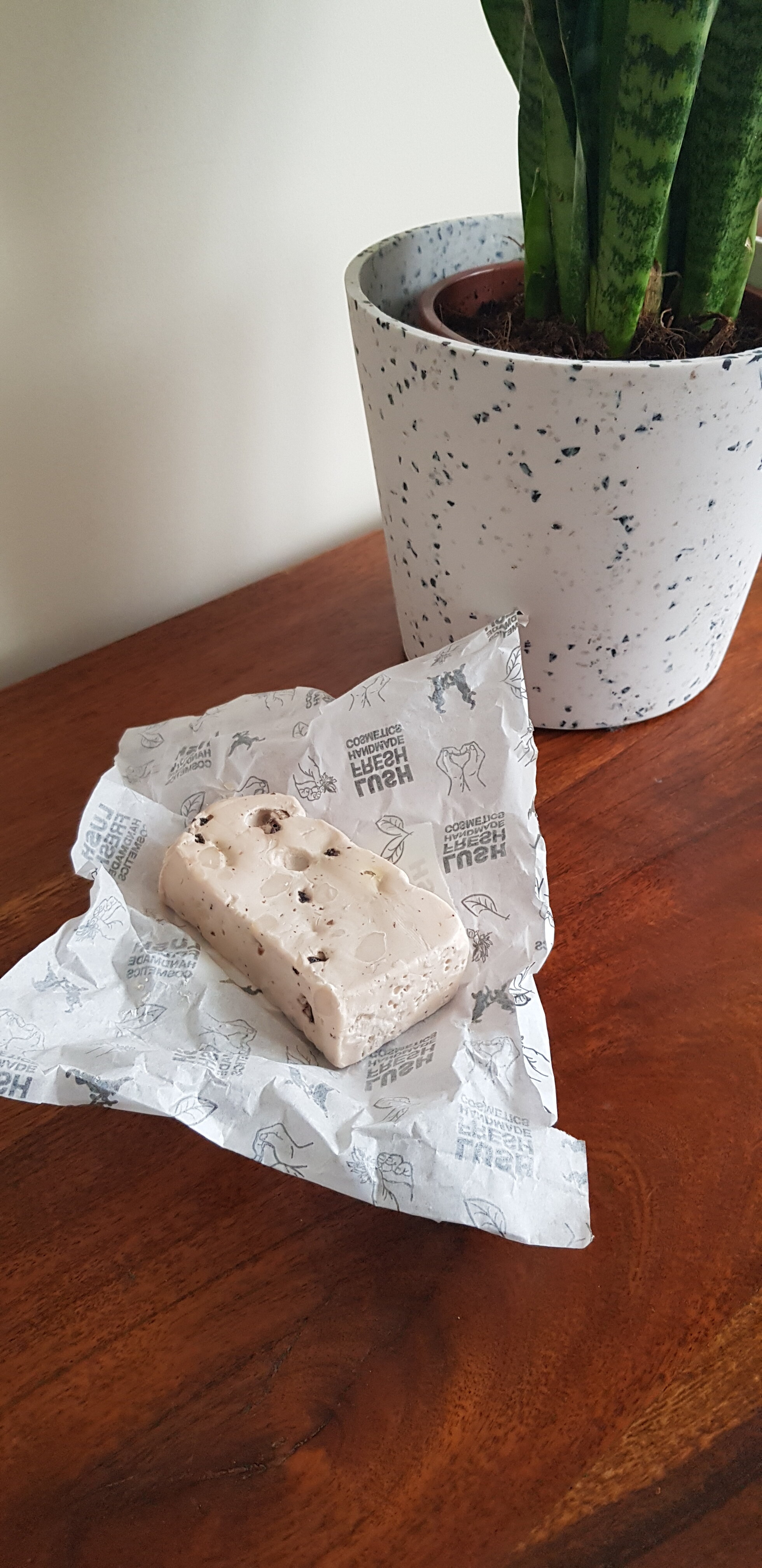Lodestar Accounting celebrated our first birthday on 26th September 2017 with cake and a glass of wine, wondering where has that first year gone? As they say, time flies when you're having fun!
After reflecting on the first year in business, we've put together the top three things we have learned during our first year.
1. Organisation is key
There will be so many people to call, emails to respond to, bills to pay, phones to answer, the list goes on. How do you make sure you don't miss paying that all important bill or returning the call to that prospective customer? Organisation is key. Everyone will have different methods for organisation, it may be a written to do list, Google keep or post it notes around the house, the main point is that you need to have some form of organisation.
For me, my Google calendar is key. I have one for my Lodestar appointments and tasks, and one for home life, which is colour coded for each family member (geeky I know). Then I organise my inbox making sure that I can track important emails, things I'm waiting for responses on and lower priority internal emails. Finally, I couldn't live without our practice management software Senta which ensures I never miss any of our client's tasks.
Whatever your method, just ensure that you have some form of organisation.
2. There will never be enough time in the day
No matter what time you get up in the morning, or work until in the evening, there will never be enough time to do everything that needs to be done. And that's only thinking about business tasks, what about juggling family and social life alongside building your empire?
Fear not, every new business owner feels this way, well I certainly did. The way I combat this is to prioritise what needs to be done, looking at deadlines & importance. I like to ask myself 'Can it wait?' If the answer is yes, then I plan it in to my calendar for later in the week. If the answer is no, then it gets planned in for as soon as possible. Once I've worked out what can wait and what needs to be done now, I create a to do list for the day and work my way through it. If I complete all of it, great, I'll make myself a cuppa and bring some tasks forward from later in the week.
Most important of all, don't panic. Once panic sets in, we work less efficiently, meaning each of those tasks on the list takes longer to do and less will get done. If you feel overwhelmed, move away from the situation and take a breather. When you come back to your task, everything will seem clearer.
3. Get ready to feel like you know nothing
No one gets in to business to do the accounts (unless you're an accountant of course), but this is one of many tasks that become the responsibility of the owner along with marketing, IT, graphic design to name but a few. Each of these areas will most likely be new to you (they definitely were to me) and so everyday you'll feel like you're learning something new. A very fitting quote, which I read pretty much every day is 'Unless you try to do something beyond what you've already mastered, you will never grow'.
Obviously there are specialists who can assist with all of these tasks, but this comes at a cost and so the new business owner must decide between money and time/learning, prioritising which areas to spend money on in the first instance. Those tasks that you don't spend money on, you'll need to learn, so get your thinking caps on!
With all that said, even with the steep learning curves, long to do lists and early mornings/late evenings, the last 12 months have been the most rewarding of my career to date. I genuinely feel as though I'm helping guide small businesses through their finances and having a genuine impact on their day to day running. No longer do I have that Sunday evening feeling of dread, and I get to be around more for my young children. For me it's a win win and I can't wait for the next 12 months. Watch this space!











